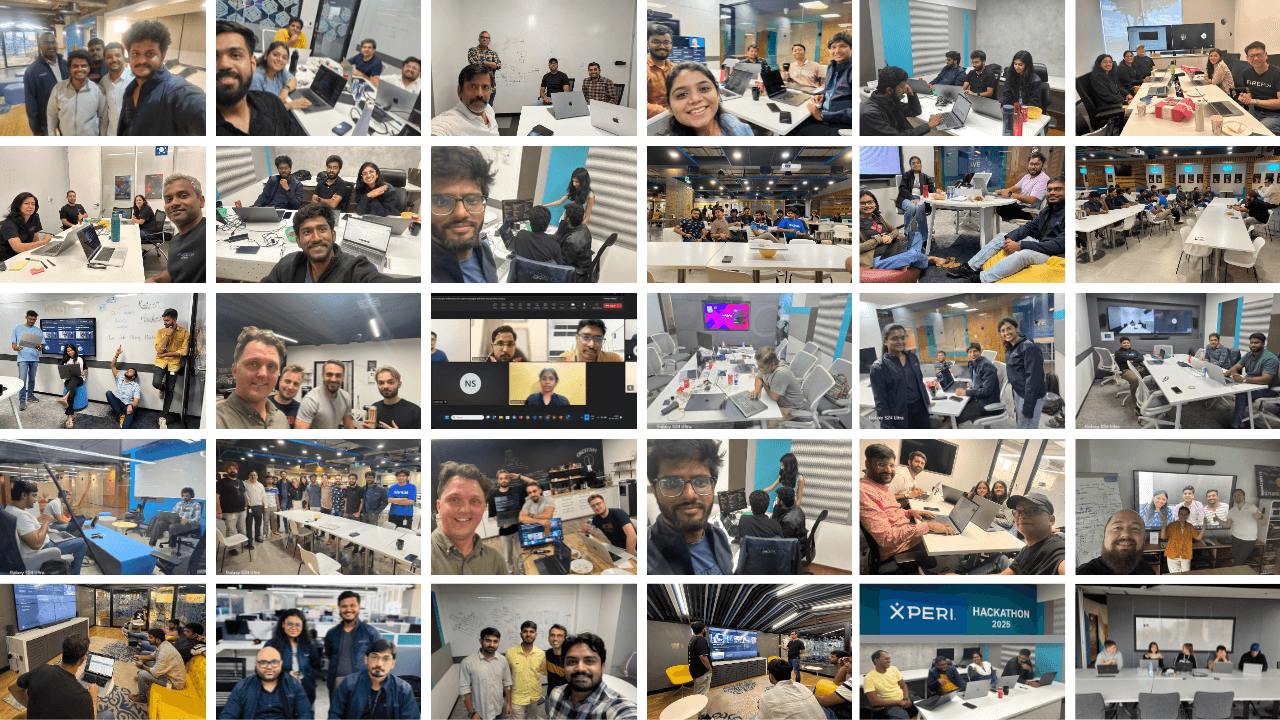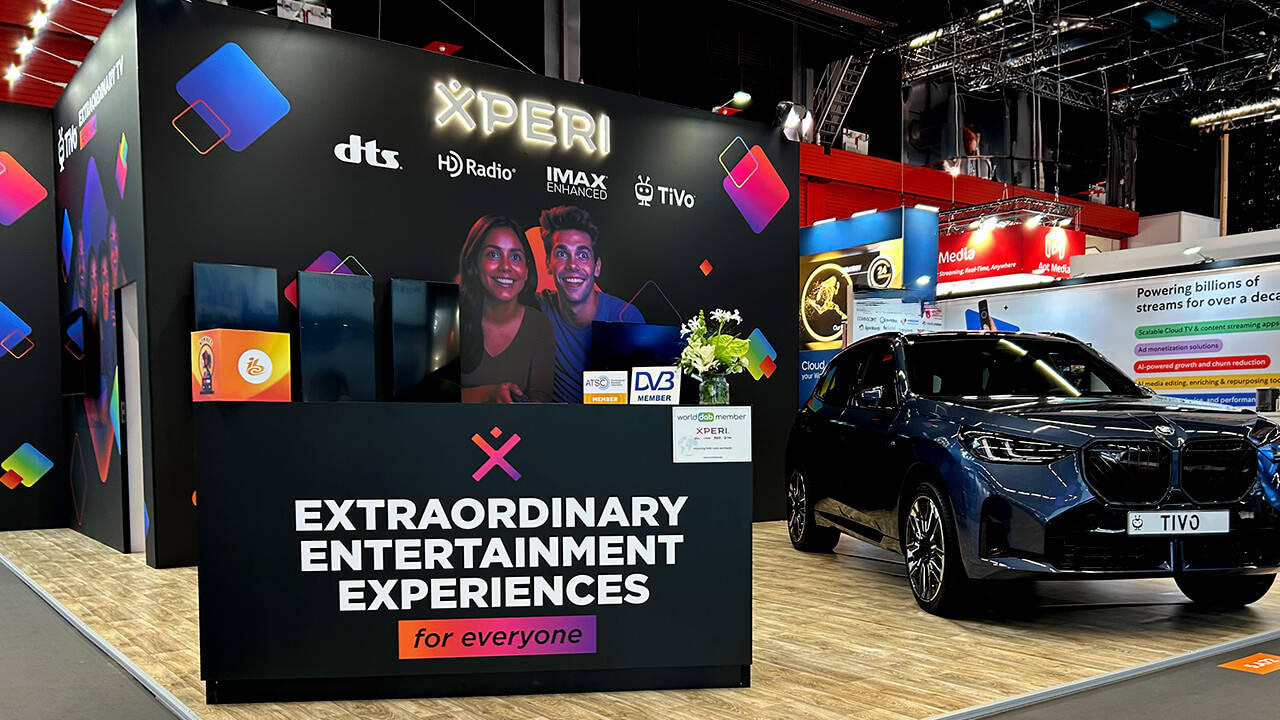In an article late last year, a radio personality referred to AI as a potential evil, an existential threat to radio, leading to mass extinction for broadcasters. Others are applauding what they see as the potential AI has for enhancing broadcast content quality and creating opportunities for radio’s growth, while others dismiss it as the latest shiny object, an interesting parlor trick that will have little impact. So, where does the truth lie? My take is that it lies somewhere in the middle.
To start with AI can mean many things, there is traditional AI which has been around for years and enhances task intelligence – basically it is reactive, learning from data to make decisions or predictions. And then there is generative AI, which is where most of the alarmist rhetoric is focused, because generative is just that it generates something new that it decides is right or true, based on, or mirroring, data sets.
When it comes to broadcast radio, in my opinion, with the right guardrails, AI has tremendous positive potential for broadcasters. But, to be honest, radio’s current AI hat trick, which is traditional AI, is not that fancy, not that much of a shiny object, but profoundly practical. Rather than something that will replace human broadcast talent with machines, AI’s current best use in radio is as a useful tool. It is the lighter fuel on the fire of the targeting the internet brought to advertising, as AI leverages its nimble learning capabilities around listener habits to enhance precision marketing so ads can be personalized on the fly, and in a way that is relevant to the user’s specific audio environment — all of which increases CPMs and monetization efforts.
Traditional AI can help broadcasters more accurately understand their clients and bridge what makes a station a good venue for the client and the gaps in the client’s current advertising. It also has multiple applications in creating more compelling sales materials and presentations so the broadcaster doesn’t need to reinvent the wheel for each sales cycle with each new client. Being able to skip those multiple, endless meetings used to pull out client needs, so you start at the 2-yard line instead of the 50-yard line, can create massive efficiencies, while jumpstarting the whole sales process…and all that is very good for the bottom line.
But, if you will indulge me, I would like to focus on where I am seeing new alchemy, every day, and not just a hat trick. And that is in our DTS Auto Stage platform whose machine learning-driven techniques could mean enduring and dramatic change to broadcast radio’s benefit. Over the years, we have enabled our platform to globally connect over 50,000 radio stations, as it ‘listens’ to these stations in a deep way that enables understanding well beyond generic labels like rock and country. And this is so important because these genres can mean different things in different states (or countries). For example, country means something very different in Austin than it does in Topeka, Kansas.
So, the platform’s machine learning technique looks at the characteristics of the music, not just the genre, but the actual playlists, logs the songs and contextualizes them, adds in metadata and all the behavior preferences used to characterize and describe the music, and then builds a profile of what the radio station actually is which, in many ways, can be more precise than even the radio station knows. And the contextualizing is very granular – after all, any one piece of music has about 250 attributes associated with it. Some are just factual. Where was the song recorded? Who was the recording engineer? Who was the songwriter? But then there are other qualitative and quantitative descriptors like beats per minute, the mood of the music, the tempo, etc.
So, with the deep history of listener preferences and the understanding of the nuances of what these stations are actually playing, the platform reaches into the behaviors of these radios around the world to provide deeply valuable and precise recommendations to listeners, and we can do that because we are a connective tissue between all these radio stations.
Why is all this useful? Because, and this is where we get into the potential of generative AI, it means a future where we can detect the nuanced characteristics that connect station and listener with profound relevance. For example, let’s say I am on a road trip and I am a big fan of David Letterman and I just drove through Des Moines and the station there is doing a live interview with him, the platform automatically switches me to, or recommends, that station; or maybe if I have a specific interest in a writer, or a sports team – the platform will know my passions and push radio content that is, in real time, relevant to me; or maybe I am not a fan of country music but love rap, so it takes me to Eminem’s “Houdini” or, if it knows where my geolocation, offers up a news event breaking in my neighborhood.
None of this has anything to do with the black and white genre categories and buckets, listeners and their preferences are routinely tossed into, that would assume it should steer me away from a country station where I may just miss a rap that I will love. This machine learning technique driven future radio is so aware of my actual preferences that it will automatically tune intuitively to stations with content that it knows is my highest priority. So, I don’t have to work to discover it anymore. It will be done for me. And what that means for radio stations is that I am as engaged and sticky as a listener can be and, potentially, deeply responsive to all the relevant advertising content that is automatically directed my way.
This is just one positive example, there are many more. So, on balance, I am bullish on AI, machine-learning, and its impact. I think about generative AIs potential for medicine, how, with its limitless data set, there may be a not so far off future where it will be able to detect skin cancer. This is a very good thing. And, no, AI in radio is not going to cure cancer, but I have to think if it has that much power for good in medicine, if it’s deployed with the right intent, it will make radio much more relevant, entertaining, engaging, and meaningful to its audience, and more valuable to the advertiser.
We may not know exactly what that AI radio secret sauce is yet, but if radio is ready and willing and inquisitive, they’re going to find the application. And it’s going to make radio that much more powerful.



